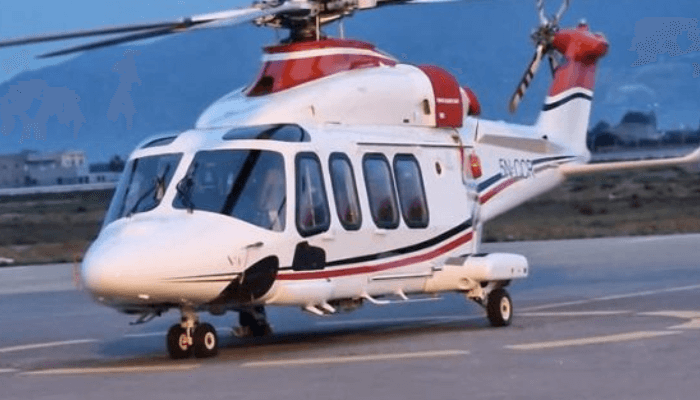By Ayopmide Otitoju
A former Director of Air Transport Management in the Federal Ministry of Aviation and Aerospace Development, Hassan Tai Ejibunu, has called on oil companies and other offshore operators reliant on helicopter transport to comply with the newly enforced Helicopter Landing Levy.
Speaking in support of the regulatory measure introduced by the Nigerian Airspace Management Agency (NAMA) and the Ministry of Aviation, Ejibunu stressed that payment of the levy is critical to maintaining, modernizing, and expanding Nigeria’s air navigation infrastructure—a backbone for both civilian and military aviation.
His remarks come amid growing pushback from stakeholders in the oil and gas industry, who argue that the levy, charged on a pay-as-you-use basis, imposes unnecessary financial pressure. Ejibunu, however, dismissed those concerns, saying they ignore the broader national interest.
“The levy is unavoidable and only applies to the actual use of Nigerian airspace and NAMA’s navigation services,” he said. “Offshore oil operations depend heavily on helicopters for staff and equipment transport. These flights rely on NAMA’s radar systems, communications, and air traffic control to ensure safety.”
Ejibunu warned that without adequate funding, the nation’s air navigation systems risk degradation—potentially leading to delays, accidents, or even security breaches. He described the upkeep of such infrastructure as a matter of national sovereignty, especially in an era marked by increasing drone activity and evolving aerial threats.
He also argued that Nigeria’s Helicopter Landing Levy mirrors global best practices in other oil-producing countries, where aviation infrastructure is sustained through user-based contributions. He criticized local collaborators aiding multinational oil firms in resisting the policy.
“Rather than oppose the levy, stakeholders should see it as an investment in safety, security, and operational continuity,” he said. “The cost of a single aviation incident could far outweigh the cumulative impact of this modest fee.”
Ejibunu concluded by framing the levy not as a burden, but as a shared responsibility necessary for sustainable aviation progress and national security.










